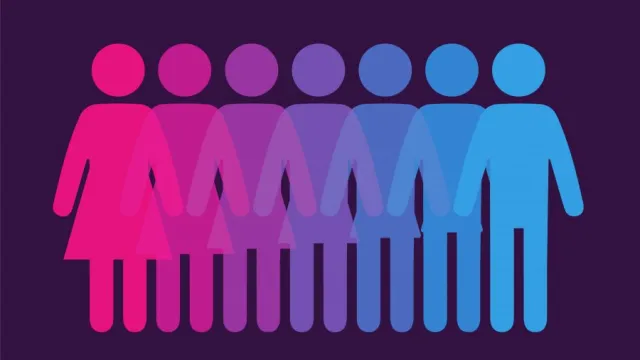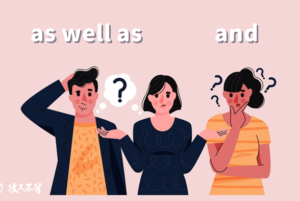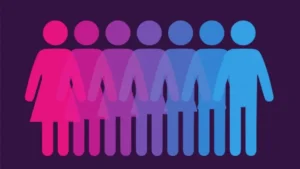Gendered nouns
English contains numerous nouns that are gender biased, for example policeman, fireman, and chairman. These male-centred terms don’t represent women and non-binary people.
A thesaurus could be a good help when you need to replace a gender-biased term with a neutral one.
The following are some suggestions that can make them more inclusive:
Mankind → humanity, human beings, human race, people, we
Freshman → first-year student
Policeman → police officer
Man-made → synthetic, artificial
Manpower → staff, workforce, human resources
Chairman → chairperson, head, coordinator

Gendered pronouns
The English language only knows the gender-specific pronouns he and she to refer to a person. The generic he was commonly used in the past to refers to both male and female nouns. For example:
If a student doesn’t study hard, he may fail his exams.
As you can see, female and non-binary persons are not included into the studentship role at all. Some suggest the use of the phrase he or she, but this is not a good suggestion simply because it still excludes non-binary people and also overusing this strategy may sound awkward, for instance:
If a student doesn’t study hard, he or she may fail his or her exams.
To have a more inclusive language, there are some suggestions:
Deleting the pronouns
The following are some examples:
Each candidate was asked to submit his cover letter.
Each candidate was asked to submit a cover letter.
Another example:
The teacher can criticise a student, but he cannot expel the student from class.
The teacher can criticise a student, but the teacher cannot expel the student from class. (Risk of repetition)
The teacher can criticise a student, but cannot expel the student from class.
Changing the pronoun from singular to plural
Here is an example:
Each participant should send his biographical information via email.
Participants should send their biographical information via email.
And in sentences with indefinite pronouns:
Anyone in the control group should disclose his health state.
People in the control group should disclose their health states.
Using singular ‘they’
The following is an example:
One of the participants in the control group was randomly selected to be interviewed about their experience. They were also given a form to fill in.
Although this usage is still a matter of debate, it has gained increasing popularity.
We hope that one day the English language provides an officially approved strategy for this issue.
Recommendation
The Handbook of Nonsexist Writing for Writers, Editors and Speakers written by Miller and Swift is a good resource. You sure can find good suggestions and effective solutions.








